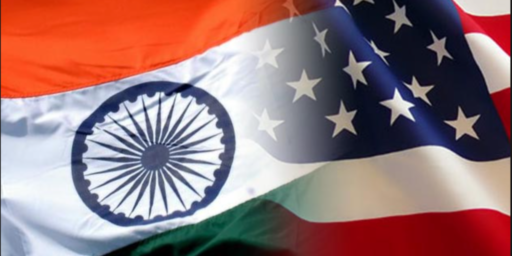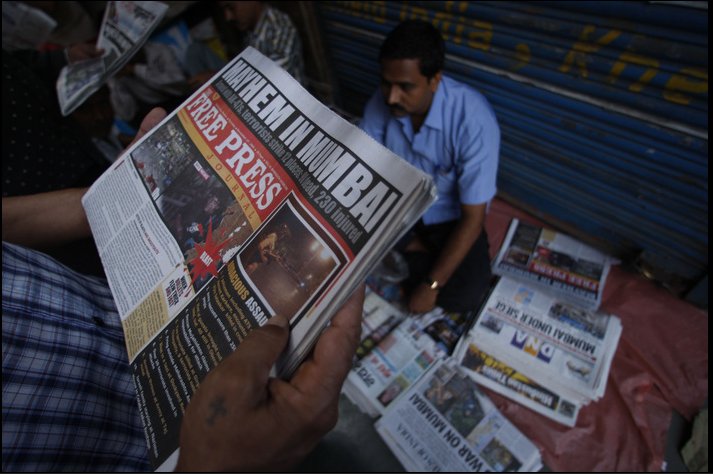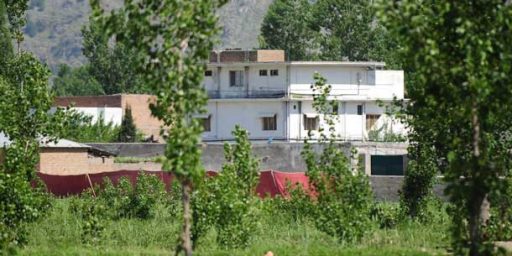OPENING IN SOUTH ASIA
Fareed Zakaria has an enlightening op-ed in today’s WaPo on recent progress in India-Pakistani relations. The money part:
For 15 years now Pakistan has found a cheap and effective way to fight over Kashmir — by helping Kashmiri militants in their terrorist tactics. Sept. 11 changed that game. It stigmatized terrorism and gave India a crucial ally on this issue: the United States. Suddenly Pakistan found that supporting terror had become costly indeed.
But something equally important has happened in South Asia over the past 15 years. India has been transformed by a market revolution. Globalization has come to every part of the country, whether in the form of a call-center job, a Chinese-made toy or American-inspired television shows. Suddenly Indians want to compete. And they are. Last year India’s economy was the second fastest-growing in the world, at 7.4 percent. Its business leaders speak confidently of becoming global players in their fields. In this Indian future, a continuing cold war with Pakistan is a drag.
During the same period, however, Pakistan went down a different path, one of radical Islam and domestic dysfunction. The results? In 1985 its per capita gross domestic product was 6.5 percent higher than India’s; today it’s 23 percent lower. Its birthrate is soaring at a frightening 2.8 percent, while India’s is 1.7 percent and dropping. Thirty percent of Pakistan’s economy is consumed by its military.
Musharraf has broken Pakistan’s fall. And he realizes now that to modernize Pakistan he needs peace with India. But the country is proving hard to turn around; the rot has set in deep. And yet, as Shekhar Gupta, one of India’s smartest pundits, has noted, peace will be a success only when Pakistan is a success.
Here is the lesson: To stop a country from encouraging conflict, place high costs on such behavior. But to truly change, that country must also see a positive future. This is what is lacking in the Middle East. Arab countries that fund and foment terrorism should know that the costs of doing so have risen. But they must also see a vision of prosperity — and grasp it as India has. So far, too few Arabs believe they can master this globalized world.
Last week, however, we had one small, encouraging counterexample. It turns out that Libya’s decision to renounce its nuclear program was crucially pushed by Moammar Gaddafi’s son — trained at the London School of Economics — who urged his father to help Libya rejoin the world and the world economy. The father could see only the stick. The son also saw the carrot.





